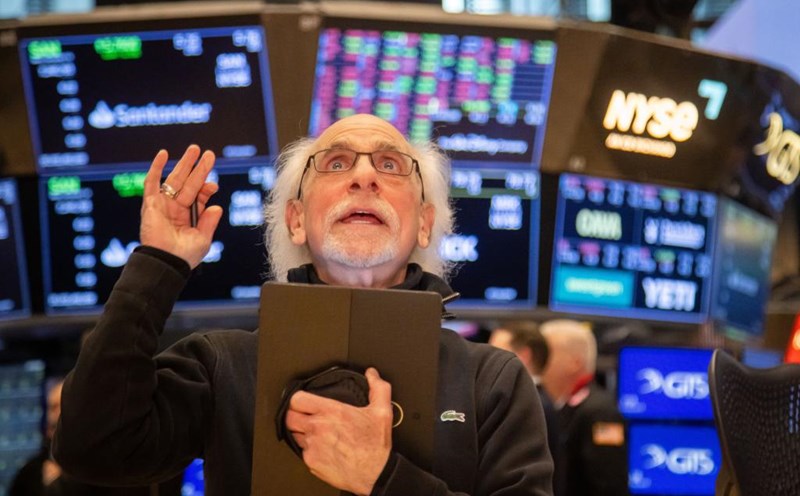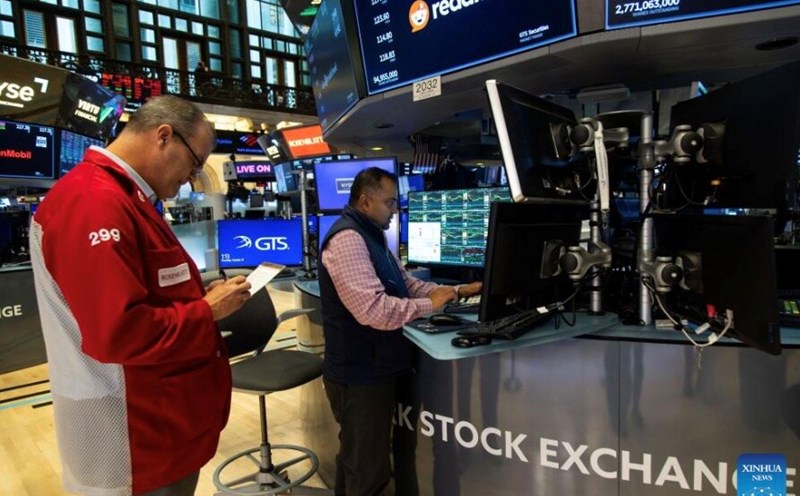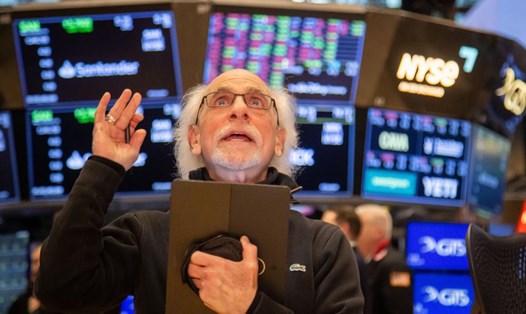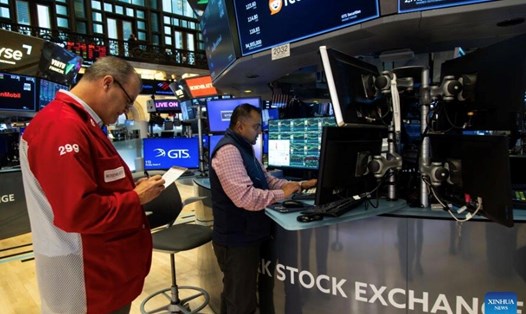In a speech at the Chicago Economic Club, Mr. Powell warned that higher taxes than expected could lead to persistent inflation and slowing growth.
He also stressed that the Fed will continue to monitor economic data before deciding to change interest rates. These statements have added to the confusion in market sentiment, fuelling the wave of stock sell-off.
Sam Stovall - chief investment strategist at CFRA Research - commented: "Mr. Powell is confirming what investors are afraid of - the risk of slowing growth and prolonged inflation due to the impact of tariffs".
At the same time, NVIDIA announced that on the evening of April 15, the company will record a loss of up to US $ 5.5 billion due to the US government to limit the export of H20 artificial intelligence chips. NVIDIA shares plunged 6.9% in the session, contributing to the whole semiconductor industry. The index of semiconductor stocks lost 4.1%, while AMD was also seriously affected with a decrease of 7.3%.
Dutch chip maker ASML also warned that the tariffs are increasing uncertainty about its operational prospects in the coming time.
According to CNN, the resonant impact of the above factors caused three main indicators in the US stock market to fall sharply. The Dow Jones index lost 699.57 points (1.73%), to 39,669.39 points. The S&P 500 fell 120.93 (2.24%) to 5,275.70 points, while Nasdaq fell 516.01 points (3.07%) to 16,307.16 points.
Overall, selling pressure is clearly dominant in the market. On NYSE, the number of stocks falling out exceeded the number of stocks rising at a rate of 1.581. On Nasdaq, there were 2,964 stocks with declines and 1,469 stocks with increases, equivalent to a decrease/increase rate of 2.02:1. In the context of increasing uncertainty, investors continue to closely monitor the next developments from the Fed and the government's trade control measures.









